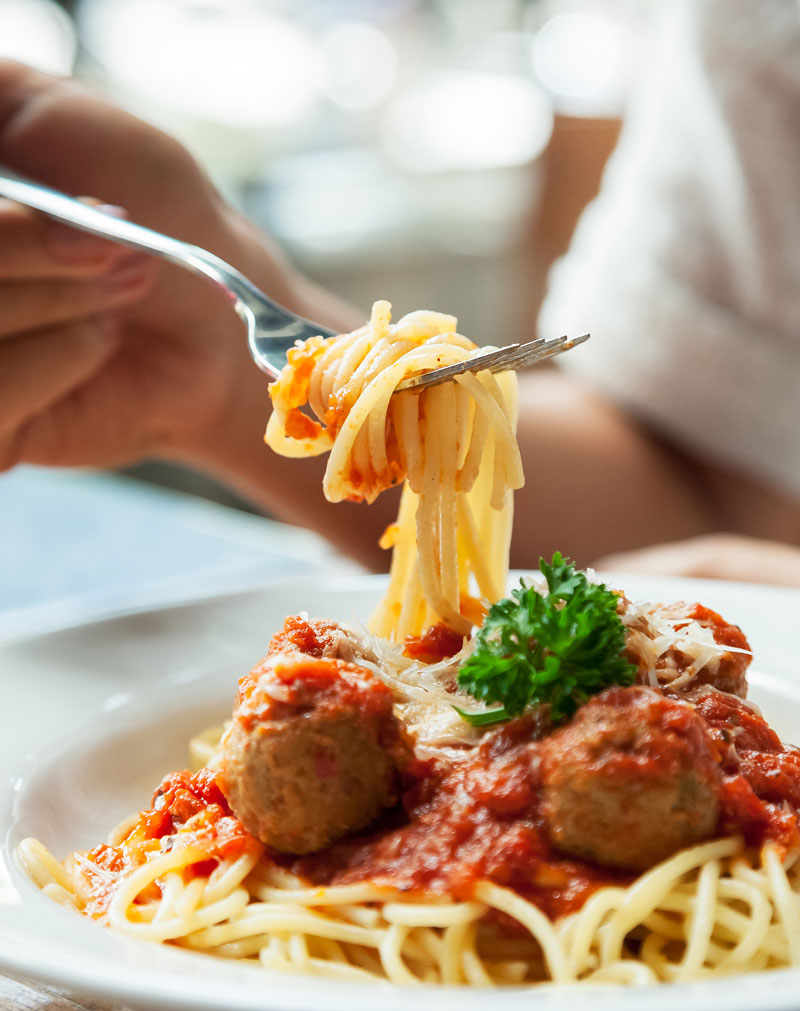Free shipping on all orders over $50 | Subscribe & save 15%
Free shipping on all orders over $50 | Subscribe & save 15%

It goes without saying that mastering a healthy Interstitial Cystitis, or IC, diet might be a way to live comfortably with the condition. IC is actually quite common. It impacts between three and eight million women in the U.S.
When it comes to this particular diet, you’ll want to choose foods that are bladder-friendly and packed with nutrients. Ideally, you’ll end up with well-balanced meals that are least likely to trigger a horrible flare. In this article, we’ll steer you away from foods that tend to be spicy, have a high acidity, or contain alcohol, as they could worsen or trigger the worst of symptoms of interstitial cystitis.

Interstitial cystitis is a painful condition that affects the bladder and causes chronic inflammation, discomfort, frequent urination, and pressure in the pelvic area. When you have IC, what you put into your body could impact the severity of your symptoms.
That’s why it’s so important to be mindful of your diet. Certain foods could affect one person differently than another person. It’s up to you to limit, or completely cut out, these commonly known trigger foods and replace them with yummy alternatives.
Acidic Fruits and Vegetables
Fruits and vegetables high in ascorbic and citric acid are known triggers for IC symptoms. They raise the acidity in urine, which can cause irritation inside the bladder and increase urgency.
Acidic fruits, such as oranges, lemons, strawberries, and tomatoes, as well as the juices they make, could all cause bladder irritation. You’ll find tomatoes in many of your favorite pasta dishes, pizzas, and even sprinkled on top of salads. Vegetables high in acid include sauerkraut, cabbage, beets, and broccoli.
Caffeine
When you have IC, be mindful of your caffeine intake. Caffeine can be found in many of the drinks we consume today. It’s good practice to read labels to find out exactly what you’re putting into your body.
Caffeine can most commonly be found in coffee, but it’s also in chocolate, specific teas, and soft drinks. Caffeine is a diuretic, which means it increases urine production. This can increase the frequency of urination and worsen other IC symptoms.
Processed Food and Additives
We would recommend you limit or completely cut processed and refined foods out of your IC diet. Processed foods are low in nutritional value, but high in calories, fat, added sugar, and salt. These foods include white bread, pasta, cakes, and other baked goods made with white flour. It also means avoiding fried foods, fast food, and artificial additives as well.
Foods high in fat could cause an inflammatory response within the body and make it difficult to manage IC symptoms. Be on the lookout for other ingredients, such as Aspartame, Saccharin, Sucralose, and Monosodium Glutamate (or MSG). Instead, focus on eating lean proteins, whole grains, fruits, and vegetables to ensure you’re getting the necessary nutrients.
Dairy
This aspect of the IC diet is a little tricky, as it’ll depend on your body. A good rule of thumb: anything marked as “aged” or “fermented” will tend to be more acidic in nature and may cause a flare. This makes navigating the world of dairy products uncertain. Listen to your body and try different things to see how you handle dairy.
For instance, you might try mozzarella or cottage cheese instead of aged cheddar or other processed cheeses. You might opt for low-fat, frozen Greek yogurt, avoiding flavors or additives that might be triggering, like lemon and lime. Try different foods out to determine what’s suitable for you.
Soy
As an alternative to dairy, soy tends to do more harm than good for IC patients. Soy-based products like tofu, tempeh, and miso can be difficult to digest, and their high levels of phytic acid could cause inflammation. This results in one uncomfortable bladder.
If you’re looking for non-dairy milk alternatives, consider adding almond, coconut, or oat milk into your diet. Remember to choose unsweetened and unflavored varieties, as added sugar and flavorings can often be triggers.
Alcohol
Alcohol is a diuretic that increases urine production and irritates the bladder lining, leading to inflammation and pain. Moreover, alcohol can also dehydrate the body, which can further worsen the symptoms of IC. Think about pouring rubbing alcohol over an open wound. The IC bladder is highly sensitive to alcohol, which makes urine more acidic and irritates the bladder walls with increased inflammation.
If you’re looking for a non-alcoholic option, consider herbal teas, diluted fruit or vegetable juices, or sparkling water. Speaking of water, make sure to drink plenty throughout the day. Adequate hydration is essential for bladder health and can improve your overall quality of life.
Spicy Food
Your IC diet should probably not contain spicy food. Although tasty and flavorful, cutting out or watering down the spiciness will have your bowels and bladder thanking you later.
Spicy foods contain Capsaicin. This ingredient can be found in hot peppers, like jalapeños and habaneros. These irritate the bladder lining, causing inflammation and pain. Spicy food also leads to frequent urination by producing more urine and subsequently, discomfort.
People who suffer from interstitial cystitis should avoid certain foods that can exacerbate their symptoms and trigger flares. However, it doesn’t mean you have to stop enjoying your favorite foods to have a more comfortable life. Too much of a good thing leads to a bad time.
It’s possible to have a happier, healthier bladder. Aim for simply maintaining a well-balanced diet. Keep balance in mind when finding options that are nutritious and delicious to help reduce flares and manage your IC symptoms.
